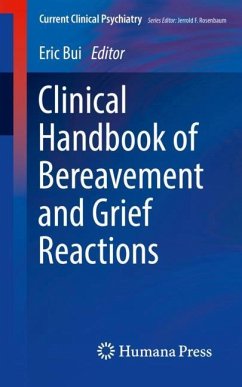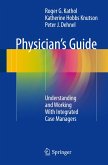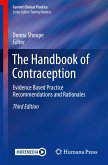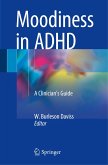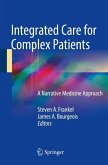This book is designed to present a state-of the-art approach to the assessment and management of bereavement-related psychopathology. Written by experts in the fi eld, it addresses the recent shift in the fi eld calling for greater recognition of bereavement-related psychopathology, as evidenced by the removal of bereavement from the exclusion criteria for major depressive disorder and the provisional inclusion of a bereavement disorder as a condition requiring further study in the DSM-5. Th is text introduces and reviews the theoretical background underlying bereavement-related psychopathology, addresses the issues faced by clinicians who assess bereaved individuals in diff erent contexts, and reviews the management of and varied treatment approaches for individuals with grief reactions.
Clinical Handbook of Bereavement and Grief Reactions is a valuable resource for psychiatrists, psychologists, students, counselors, psychiatric nurses, social workers, and all medical professionals working with patients struggling with bereavement and grief reactions.
Clinical Handbook of Bereavement and Grief Reactions is a valuable resource for psychiatrists, psychologists, students, counselors, psychiatric nurses, social workers, and all medical professionals working with patients struggling with bereavement and grief reactions.
"The book is intended as 'a valuable resource for psychiatrists, psychologists, students, counselors, psychiatric nurses, social workers, and all medical professionals working with patients struggling with bereavement and grief reactions.' While all of those in the intended audience would benefit from this book, it would likely be most helpful for those active in therapy and counseling given the treatment courses the book discusses. Clergy members also would benefit from this book." (Aaron Plattner, Doody's Book Reviews, April, 2018)

